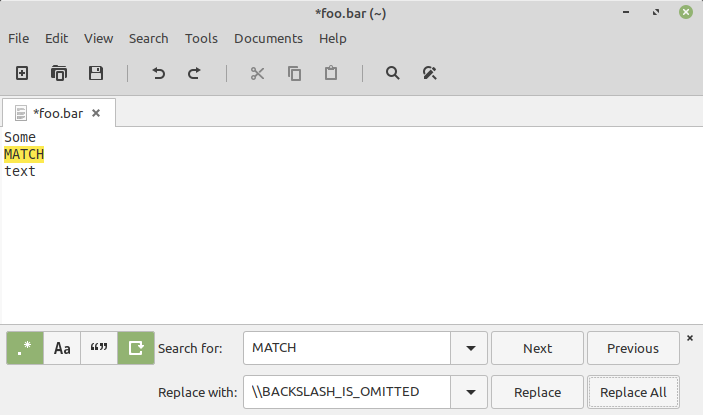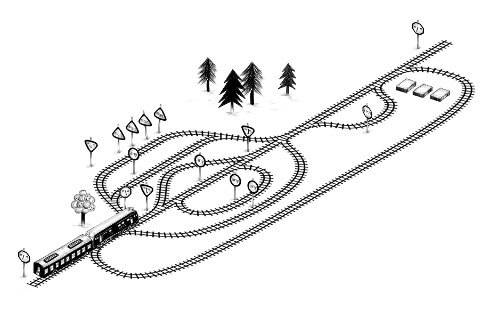

else: a lot of the the magic Regular Expressions usually can do for one.Metacharacters are deactivated through a backslash.
REGEX FOR NUMBER AND DOUBLES PLUS
Used in egrep, awk and emacs is the Basic Set plus quite some features. Grep -E enables the command to use the whole set of the Extended Regular Expressions: The number of repeatings are set inside the curly brackets, through the pattern Or, with GNU Regular Expressions available

The following commands will repeat a at least one and infinite times Is there a simple way to look for n occurences of the same As it turns out I was already quite close to the answer. And is on the command line correct?įirst, thank you all for your supporting comments and suggestions. P.S.: Another question, possibly off topic but: is it in, inside, at or on the shell. Regular expressions or commonly called as Regex or Regexp is technically a string (a combination of alphabets, numbers and special characters) of text which helps in extracting information from text by matching, searching and sorting. Any match must include at least one digit. I probably should split this into two or more questions, but then I don't want to flood this awesome site here. This regular expression matches an optional sign, that is either followed by zero or more digits followed by a dot and one or more digits (a floating point number with optional integer part), or that is followed by one or more digits (an integer). This is close to what I am looking for, but I still want to set a number of repeatings. Grep -E '(.)\1' filename looks for entries with the same character appearing more than once but doesn't ask how often. Question: Is the necessity of setting backlashes really bound to the command I use? If so, can anyone give me hint what else is to be taken into account when using (e)grep here?ī) I found this answer here for my question, though it isn't exactly what I was looking for: In a Linux Shell.Īfter quite some research I came to the following answers – and questions resulting from them, thus they just gave me a hint where the solution might be. where one defines a regular expression that looks for n occurences of the same character with? What I am looking for is achieving this on a very very basic level. Main Question: Is there a simple way to look for sequences like aa, ll, ttttt, etc.

Matching numbers that don't have a pattern like those divisible by 2,4,5,10 etc can't always be done succinctly and you usually have to resort to a range of numbers.I am looking for a regular expression that finds all occurences of double characters in a text, a listing, etc. So the whole sequence can be reduce to: |\d*(|) - numbers divisible by 4 Also, as the 40s, 60s and 80s have the same pattern we can include them: and the others have a pattern too. For example, instead of using 20|24|28 we can use 2. 'I am searching for that allows two or more to the left of the decimal point, and max one on the right. Matching the three-digit numbers is a little more complicated, since we need to exclude numbers 256 through 999. That allows two or more to the left of the decimal point, and at least one on the right. For that I tried with a regular expression.var pattern /a-zA-Z0-9&.-/var qry. 1-9 0-9 matches double-digit numbers 10 to 99. I am trying to validate a string, that should contain letters numbers and special characters &. For examp.Questions: I have a requirement to find and extract a number contained within a string. The regex 0-9 matches single-digit numbers 0 to 9. Questions: I have a requirement to find and extract a number contained within a string. \d* matches any number that divides by 2 - any number ending in 0,2,4,6 or 8 To match all characters from 0 to 255, we’ll need a regex that matches between one and three characters. \d* matches any number that divides by 5 - any number ending in 0 or 5 \d*00 matches any number that divides by 100 - any number ending in 00 Matching numbers that divide by other numbers: \d*0 matches any number that divides by 10 - any number ending in 0

\d|100 matches 0 to 100 one to two digits OR 100 \d* will match 0 or more consecutive digits \d+ will match 1 or more consecutive digits Matching multiple digits \d\d will match 2 consecutive digits Where a and b are digits in the range 0 to 9 will match a single digit in the range 3 to 7.


 0 kommentar(er)
0 kommentar(er)
